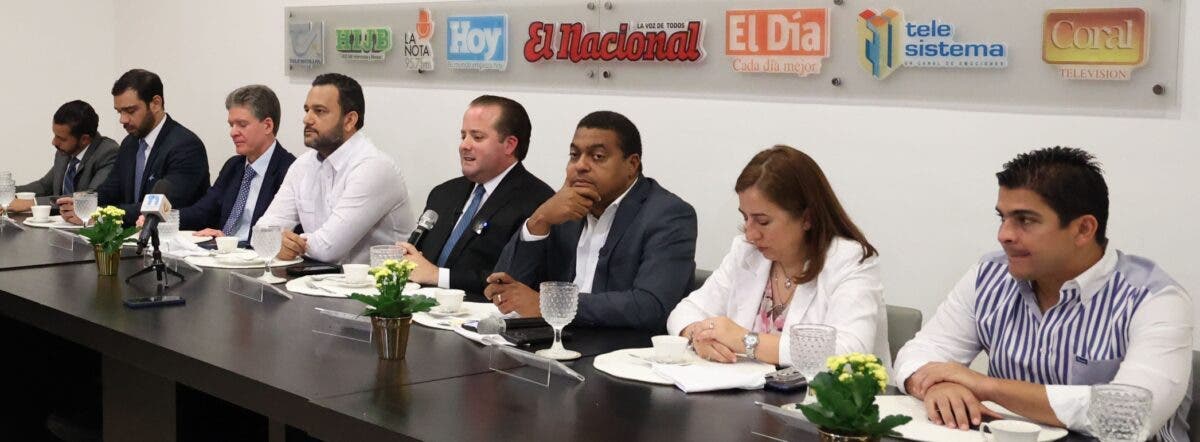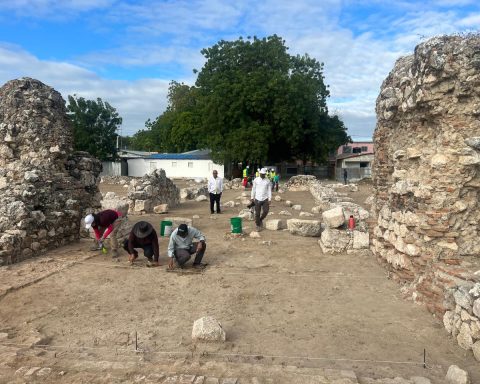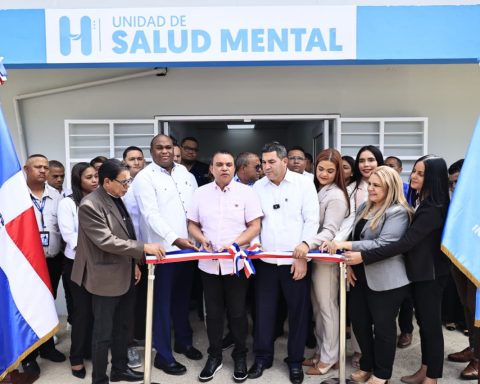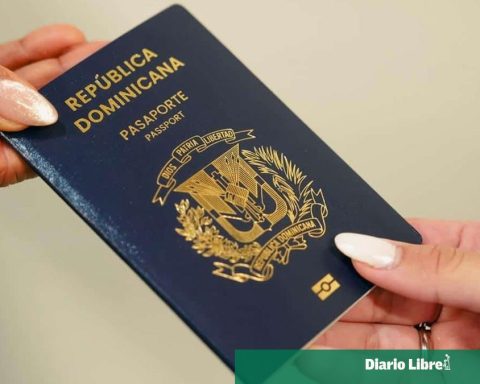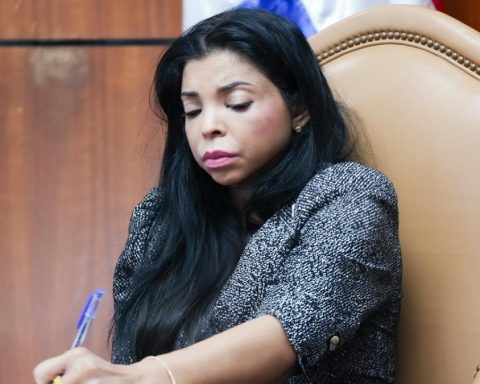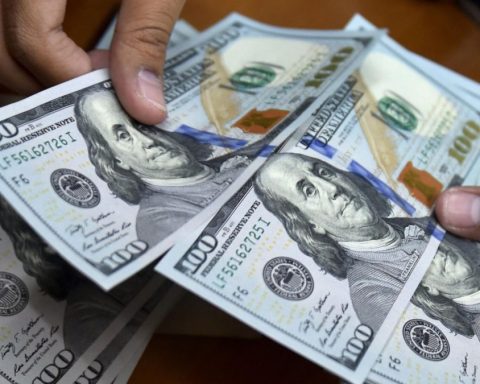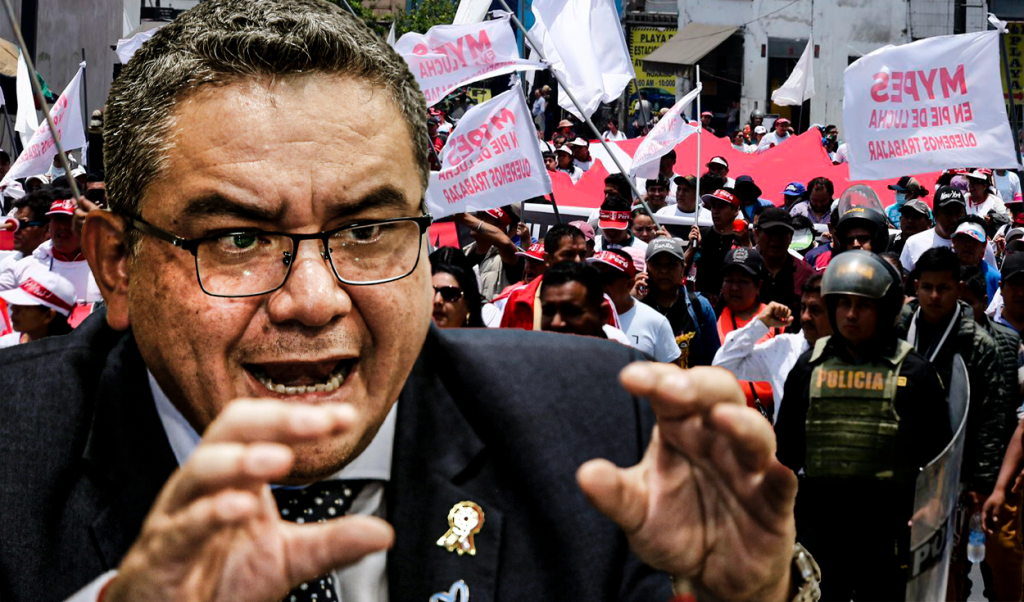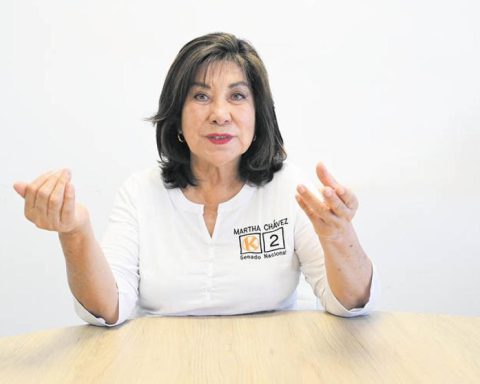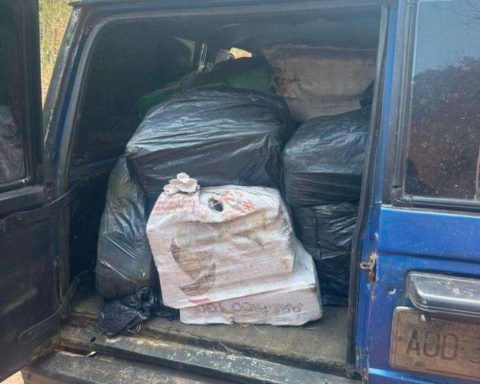Santo Domingo.-The Minister of the Presidency, José Ignacio Paliza, reported that in the coming weeks the Government will present alternatives and apply actions that allow maintaining levels of development taking into account the sentiment of the people, in addition to rethinking some of the mobility and transportation projects. massive ones that have been presented.
“We are a government that listens and acts accordingly,” he said.
The official specified that the Government will have to “strictly impose” other existing laws that were not given due application.
He indicated that although some of the mass transportation projects have identified internal and external financing, the withdrawal of the fiscal modernization project will force a rethink of some of the plans presented.
Paliza explained that the proposal to restructure and rationalize public administration through the merger and elimination of institutions will free up resources to allocate to other areas, forcing the Government to be efficient and rational in the use of public resources.
Distortions
José Ignacio Paliza considered that most incentive models must be rethought, recognizing that there are historical distortions that have occurred around these schemes.
“In most of the productive sectors of the Dominican Republic there is an incentive scheme, there is a preferential scheme.
Traditional distortions that have been occurring for decades, so to generate changes the best way is to eliminate the schemes,” the official said.
He added that one of the great strengths of the fiscal modernization project presented by President Abinader was that it went against these preferential schemes.
He added that within the planning is to continue attacking tax evasion, which he indicated is a permanent and persistent work.

Paliza participated yesterday in the Corripio Group’s Weekly Lunch. Jose de Leon
The Minister of the Presidency also considered that the economic contribution of the State to political parties deserves to be considered and studied.
“As a party we are in the best position to generate a serious conversation. The amounts that the parties receive today, especially the majority parties, are not appropriate,” he expressed.
The official described the decision to withdraw the fiscal modernization project as wise and responsible, arguing that “it is not up to us to subjugate the people who elected us to impose a vision on them.”
“We are a party and a president who listens. The opportune thing, the wise thing, was to withdraw it, and so we did. Obviously, in the face of a collective consideration contrary to a proposal, it is not up to us to impose it,” he said.
Policy
The also president of the Modern Revolutionary Party (PRM) affirmed that the government model promoted by that organization distances itself from the traditional practices of “power is to be used.”
“The PRM model is not that power is there to be used, as has been said before, but that we have now used power with a different profile,” said Paliza when participating as a guest at the weekly Lunch of the Corripio Communications Group.
The political leader highlighted that, as a party, the PRM has promoted key reforms that limit presidential power, highlighting the recent push for the reform of the Constitution, currently being concluded by the Assembly.
—1— Lorem ipsum
FPaliza indicated that the Government has encouraged the mechanization of rice production through financing of six billion pesos.
—2— Approach
He assured that with the rejection of the tax reform the country lost an important space to rethink many of the incentives and privileges models.
Government will not leave rice farmers alone
Measures. Before the end of 2024, the Government will announce actions to support rice producers, given the tariff-free entry of this product from the United States as of January 1, 2025, as established by the DR-CAFTA Free Trade Agreement.
This was reported by José Ignacio Paliza, Minister of the Presidency, explaining that neither the population nor the rice producers should worry, since the Government is “taking the necessary steps to protect them.”
Paliza highlighted that rice is a very important component of the Dominican countryside and gastronomy, with a presence in a large part of the national territory. He also recognized that this product is essential in the diet and daily life of the Dominican people.
